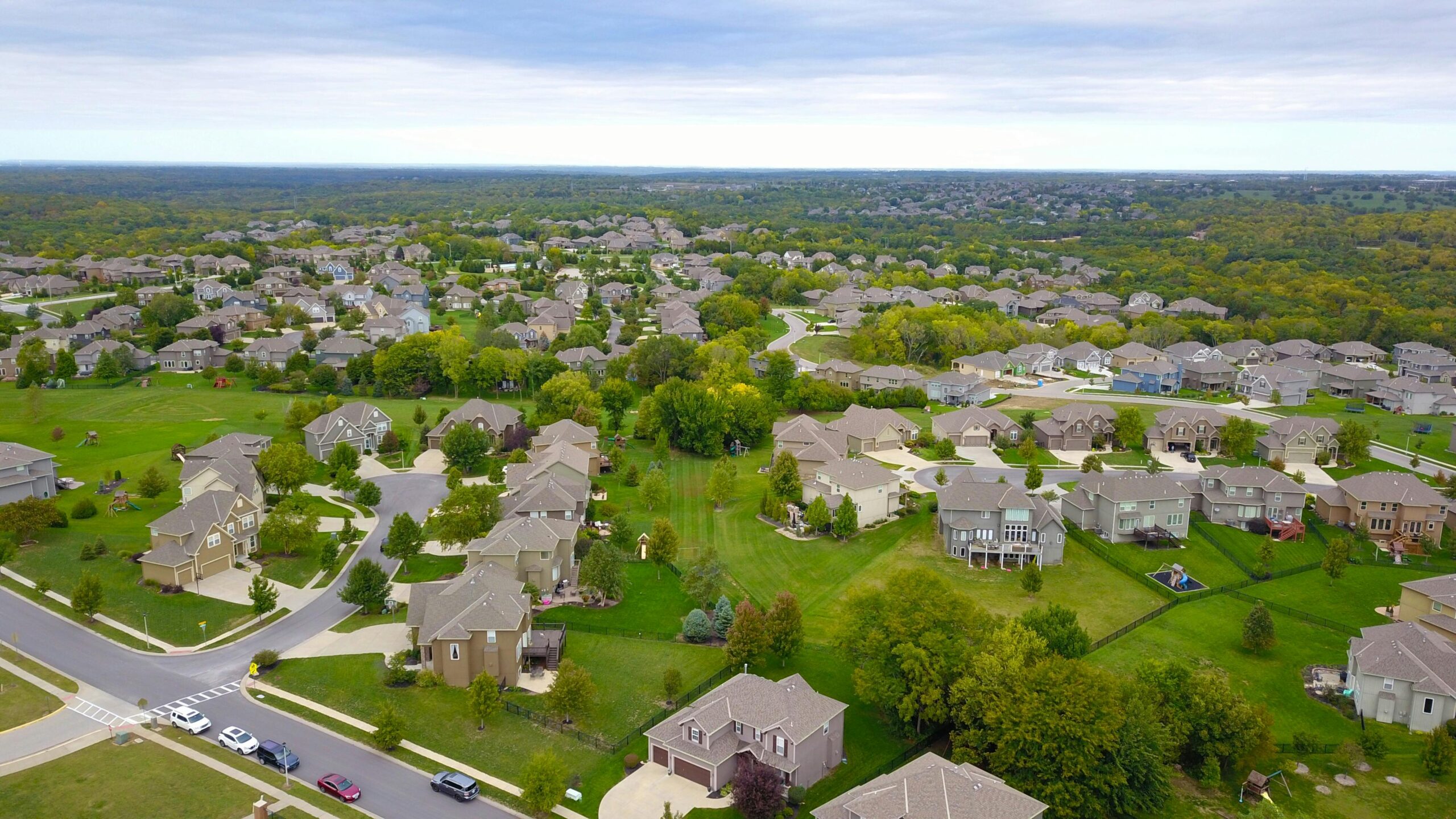42% of Homeowners Believe Trump Would Be Best For Keeping Home Values High, While 35% Believe Harris Would Be Best

In a recent survey conducted by Ipsos for Redfin, a significant portion of U.S. homeowners expressed their opinions on which presidential candidate they believe would be most effective in maintaining high home values. The survey, which included responses from 805 homeowners, revealed that 41.6% of homeowners believe Donald Trump would be the best candidate for keeping home values high. In contrast, 35.3% of homeowners think Kamala Harris would be more effective in this regard.
The survey highlights the importance of home values to homeowners, as much of their wealth is tied to the equity in their homes. This financial consideration is a critical factor for homeowners when evaluating presidential candidates, as maintaining or increasing home values directly impacts their net worth and financial security.
Renters' Perspectives on Housing Affordability
In addition to homeowners, the survey also gathered insights from renters regarding their views on housing affordability. Nearly half of the renters surveyed believe Kamala Harris would be better suited to make homes more affordable, while 31% of renters think Donald Trump would be more effective in this area. This indicates a divergence in priorities between homeowners and renters, with renters placing a higher emphasis on affordability.
For renters, housing affordability is a significant concern, with nearly one-third identifying it as a top-three issue influencing their choice of presidential candidate. This contrasts with homeowners, only 17% of whom consider housing affordability a top-three issue. Instead, homeowners are more likely to prioritize the economy and inflation when selecting a presidential candidate.
Implications for the Housing Market
The survey results underscore the differing priorities between homeowners and renters in the context of the upcoming presidential election. Homeowners are primarily focused on maintaining or increasing their home values, while renters are more concerned with affordability and access to homeownership. These differing priorities reflect broader economic concerns, with homeowners more focused on macroeconomic factors such as the economy and inflation, while renters are more concerned with immediate financial challenges related to housing costs.
The survey also highlights the potential impact of presidential policies on the housing market. Candidates' stances on economic policies, housing affordability, and related issues could significantly influence voter preferences, particularly among those directly affected by housing market dynamics.
Overall, the survey provides valuable insights into the priorities and concerns of both homeowners and renters as they consider their options in the upcoming presidential election. These insights can inform policymakers and candidates as they develop strategies to address the diverse needs of the American electorate, particularly in the context of housing and economic policy.





Start the discussion
Become a member of Crib Metrics - Fresh Housing Market Insights and Analysis to start chatting with our AI Real Estate Market Analyst about the article 42% of Homeowners Believe Trump Would Be Best For Keeping Home Values High, While 35% Believe Harris Would Be Best
Already a member?